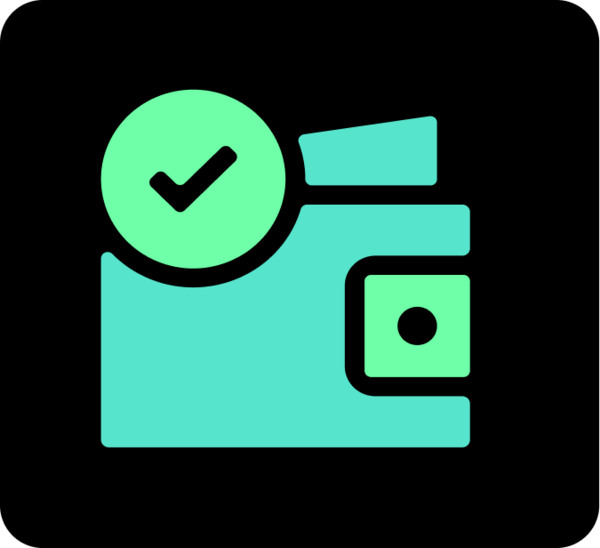Strategies for Self-Employed Workers to Receive Payments Promptly

For self-employed workers, ensuring timely payments is critical for maintaining consistent cash flow and avoiding financial complications. In this article, we will explore various strategies and tools to help you manage your invoices, track your payments, and maintain healthy finances. With the right approach, you can minimise the risk of late payments and ensure that you receive the compensation you deserve on time.
Using feature-rich apps like the Pie Tax App and consulting with expert tax assistants, self-employed individuals can streamline their financial management process, allowing them to focus more on their work and less on chasing payments. Let’s delve into some practical steps that can help.
Clear Payment Terms
Establishing clear payment terms from the outset is essential. Ensure that your clients understand when and how they should pay you. Include these terms in contracts or agreements, specifying due dates and preferred payment methods.


Send Prompt Invoices
Always send your invoices promptly after delivering your services or products. The sooner your clients receive the invoice, the sooner they can process the payment. Consider using automated invoicing tools to streamline this process.

Tracking payment timelines is crucial. According to recent surveys, 58% of invoices are paid late. Monitoring deadlines helps you stay on top of unpaid invoices and take action when necessary.Monitor Payment Timelines

Late payments significantly impact cash flow. Research indicates that 43% of small businesses face cash flow issues due to late payments. Addressing late payments promptly can mitigate these challenges.Late Payment Impact

Utilise Financial Management Tools
Effective financial management tools can make a world of difference. The Pie Tax App offers features that automate invoicing, track expenses, and provide reminders for due payments. This not only saves time but also ensures accuracy.
Another advantage of using apps like the Pie Tax App is seamless integration with your banking systems, allowing you to keep track of all financial transactions effortlessly. By leveraging modern technology, you can reduce the risk of human errors and improve your financial management accuracy.
Expert Advice and Support
Having access to expert advice is invaluable. The Pie Tax App also offers access to professional tax assistants who can provide guidance on managing your finances efficiently. They can help you understand the nuances of tax regulations and ensure you’re compliant.
Their assistance extends beyond tax matters to offering useful strategies for financial planning, invoice management, and more. This expert support helps you stay informed and make better financial decisions.

Handy Tax Tips

Avoiding Payment Disputes Firstly, always include clear payment terms in your contracts to avoid confusion.

Streamline Your Billing Secondly, use automated tools to send invoices promptly.

Stay on Top of Your Cash Flow Lastly, regularly follow up on overdue payments to ensure timely receipt.

Interesting Financial Fact
Did you know that self-employed individuals often face payment delays more frequently than those in traditional employment? A recent study showed that 45% of freelancers experience late payments regularly.
Best Practices for Ensuring Timely Payments

To ensure timely payments, establish a systematic approach. Maintain organisation by using financial apps that help you track and manage invoices. Clear communication with clients about payment expectations also goes a long way. Furthermore, consider setting up late payment penalties to encourage timely payments.
Apps like the Pie Tax App can significantly streamline this process by offering invoicing automation, reminders, and tracking features. These tools not only save time but also ensure accuracy and reduce the likelihood of late payments.

Creating detailed invoices will help prevent disputes. Provide clear and comprehensive descriptions of the services rendered. Also, ensure that your invoices are formatted neatly and free of errors to minimise confusion.Invoice Management

If clients fail to pay on time, having a structured follow-up procedure is essential. Send reminder emails, make follow-up calls, or use automated reminders through your invoicing software. Persistent follow-up can encourage clients to pay promptly.Follow-Up Procedures
Summary
Ensuring timely payments is a critical aspect of financial management for self-employed mobile workers. By establishing clear payment terms, sending prompt invoices, and using tools like the Pie Tax App, you can significantly reduce the risk of late payments. Additionally, having expert advice readily available can further streamline your financial management processes.
Implementing these strategies can help maintain consistent cash flow, allowing you to focus more on your work and less on managing payments. In a field where late payments are common, taking proactive steps is essential to ensure financial stability and growth.
Frequently Asked Questions
What are the best practices for invoicing as a self-employed mobile worker?
Best practices include sending prompt invoices, detailing all services rendered, and following up on overdue payments.
How can the Pie Tax App help with payment management?
The Pie Tax App automates invoicing, tracks expenses, and provides payment reminders, helping ensure timely payments.
What should be included in my payment terms?
Include due dates, late payment penalties, and preferred payment methods in your payment terms to avoid confusion.
How often should I follow up on unpaid invoices?
Follow up on unpaid invoices promptly, typically starting with a reminder one week after the due date.
Why is it important to have expert tax assistant support?
Expert tax assistants can provide valuable advice on managing your finances, ensuring compliance with tax regulations, and optimising your financial health.











